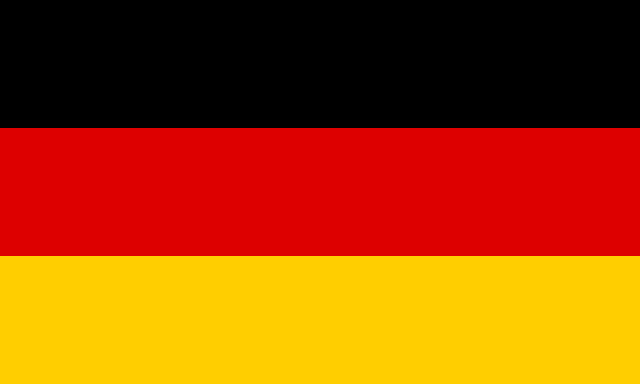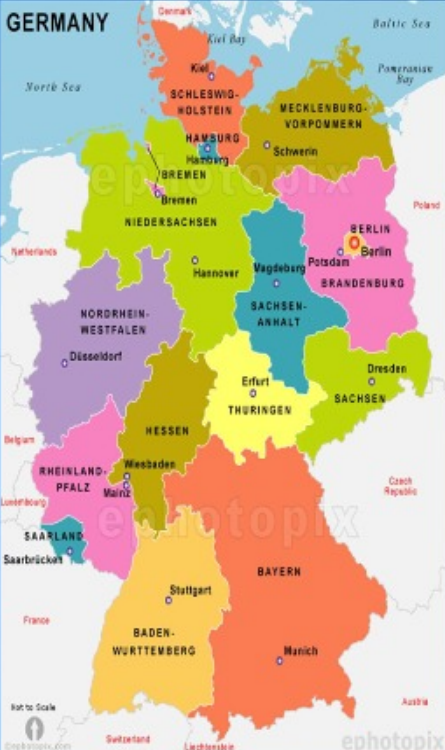
Germany
The admission process for universities and colleges in Germany is renowned for its academic rigor, diverse programs, and opportunities for international students. Here’s a detailed overview of the admission process:
Intakes and Entry Requirements
Intakes: German universities typically offer two major intakes – Winter (October) and Summer (April). These intakes coincide with the academic calendar, allowing students to start their studies at the beginning of each semester.
Bachelor’s Entry Requirements: Entry to bachelor’s programs in Germany requires completion of 13 years of education, which includes the equivalent of a high school diploma or secondary education certificate.
Application Fee: Most universities in Germany do not charge an application fee. However, if you apply through uni-assist (University Application Service for International Students), a fee may be applicable.
Language Proficiency and Degree Acceptance
Language Proficiency: German universities accept English proficiency tests such as TOEFL and IELTS for international students. Additionally, proficiency in the German language is often required, especially for programs taught in German.
Degree Acceptance: German universities typically accept four-year bachelor’s degrees or equivalent qualifications for admission to master’s programs. Three-year degrees may be accepted in some cases if they meet specific program requirements.
Turnaround Time (TAT) and Admission Criteria
Turnaround Time (TAT): After submitting your application, universities in Germany generally take 30 to 45 days to review and process applications. This timeframe may vary depending on the institution and the volume of applications.
Admission Criteria: German universities often consider academic performance as a crucial criterion for admission. Grades or percentage scores above 75% to 80% are typically considered competitive for admission.
Financial Requirements and Education System
Blocked Account: International students are required to have a blocked account with sufficient funds to cover living expenses during their stay in Germany. This account demonstrates financial stability and is a mandatory requirement for visa application.
Free Education: Germany offers tuition-free education at public universities for international students, except for nominal administrative fees. This makes studying in Germany an attractive option for many students.
Master’s Programs and Work Experience
Master’s Program Duration: Master’s programs in Germany can vary in duration, ranging from one year to 1.5 years or two years, depending on the program and university.
Work Experience: Many management programs in Germany may require prior work experience as part of their admission criteria. It’s essential to check the specific requirements of each program before applying.
Navigating the admission process for universities in Germany requires careful planning, meeting language requirements, demonstrating financial stability, and preparing required documents. By understanding the process and fulfilling the necessary criteria, international students can pursue their academic aspirations and experience the unique educational environment in Germany.

